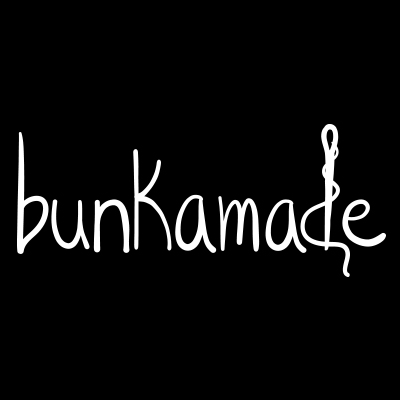Every student is different, which is why I don't feel that I should teach the same way for all my students. I like to take into consideration my student's interests, strengths, weaknesses, age and ability before deciding what we're going to work on, what materials to use, and where to begin. I do believe that no matter what we're studying each student should gain some basic knowledge in reading, technique, theory, and ear training. Knowing how to make a chord, knowing what it sounds like, seeing it and reading it are skills that apply from classical styles to more modern styles. If you read on, you can find out more about materials I use, and a little about the different skills I'll work on.
On a side note (and fair warning), I will probably try to sneak some classical in while working with a rock-focused student, and vice versa. It's kind of like eating your vegetables growing up - you may not like it but it's good for you and will make it so that you can adapt to any musical situation.
Materials
Metronome: I do think it's important for every student to have a metronome. It is essential to developing a student's sense of rhythm. There are many different types and styles, including apps that you can download. It doesn't need to be fancy, just keeps a solid pace.
Books: This varies on what we are studying and the student's age/learning aptitude. For younger method books, I'm most familiar with Bastien, Music Tree, and Piano Adventures, but I don't limit it to these either. Each method book seems to move at a different pace, and I feel it's important to match the pace of the child to the book. For adults, I think it works best to discuss the overall learning goal, then give options based on that, and let the student decide what works best for them.
Technique
Taking lessons with a teacher is the best way to learn proper technique. Playing while tense, or at the wrong height cannot only feel uncomfortable but potentially harm the person's physical health. Not only is it helpful to have the teacher watch out for any potential problems, but it can also be much easier to see how to do something than read about it.
Music Theory
This includes learning notes, their values, staff reading and basic composition concepts. I will use many different tools including books, games, and white boards. I want to try to make learning theory interesting and possibly fun, not boring and scary.
Ear Training
Depending on the age and level of the student, ear training can consist of merely distinguishing high and low, short and long, or loud and soft to more complicated things like listening to an example and being able to sing, play or write it. The ability to hear the distance between notes, the movement of a melody or bass line, and the quality of a song can help students be able to learn songs on their own without written music.
Reading
In my opinion, being able to read grand staff notation, lead sheets and chord charts are all equally important. Also the ability to sight read is a great skill to develop through exercises, daily practice and for fun.
